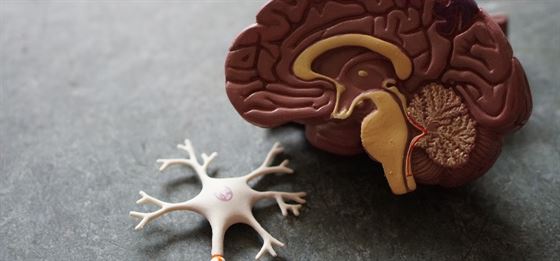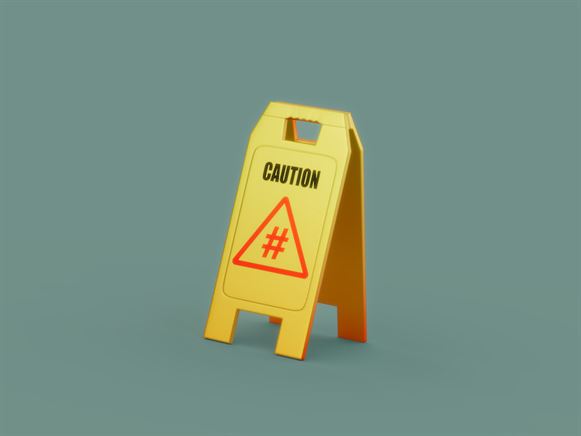
How Therapy Treat Teenagers Depression

Adolescence is often seen as a time of growth, exploration, and the pursuit of independence. However, for many teenagers, this period can also be marked by the shadows of depression. Depression is a serious mental health condition that can significantly impact a teenager's life. In this blog, we will explore the importance of therapy for teenage depression how it can make a difference, and the potential paths towards healing and recovery.
Understanding Teenage Depression
Depression among teenagers is more common than you might think. It goes beyond typical mood swings and can manifest in various ways:
- Persistent Sadness: Feelings of intense sadness, hopelessness, or emptiness that endure over an extended period.
- Loss of Interest: A notable loss of interest or pleasure in activities they once enjoyed.
- Physical Symptoms: Changes in appetite, weight, and sleep patterns, such as oversleeping or insomnia.
- Fatigue: Overwhelming fatigue or a noticeable lack of energy.
- Concentration Issues: Difficulty concentrating, making decisions, or thinking clearly.
- Negative Thoughts: Frequent thoughts of worthlessness, guilt, or even death and suicide.
The Importance of Therapy for Depressed Teenagers
- Professional Expertise: Trained therapists specialize in helping teenagers understand their emotions, identify triggers, and develop effective coping strategies.
- Safe and Non-judgmental Space: Therapy provides a confidential environment where teenagers can express themselves freely, without fear of judgment.
- Skill Development: Therapists equip teenagers with valuable skills, including stress management, problem-solving, and emotional regulation.
- Support Network: Therapy connects teenagers with a supportive mental health professional who can guide them on their journey to recovery.
Types of Therapy for Teenage Depression
Several therapeutic approaches can be effective in treating teenage depression:
- Cognitive Behavioral Therapy (CBT): CBT helps teenagers identify and change negative thought patterns and behaviors contributing to their depression.
- Interpersonal Therapy (IPT): IPT focuses on improving communication and relationship skills, as issues in personal relationships can be a significant contributor to teenage depression.
- Family Therapy: Depression often affects not just the individual but the entire family. Family therapy can address family dynamics and improve support systems.
- Medication: In some cases, a psychiatrist may prescribe medication to help manage the symptoms of depression. Medication is often used in conjunction with therapy.
Taking the First Step
If you suspect that a teenager you know is struggling with depression, it's essential to encourage them to seek therapy for teenage depression. Here are some steps to consider:
- Open Communication: Approach the teenager with care and empathy. Encourage them to share their feelings and concerns.
- Seek Professional Help: Connect with a mental health professional or therapist who specializes in adolescent depression.
- Provide Support: Offer your support and reassurance throughout their treatment journey.
- Educate Yourself: Learn more about depression, its symptoms, and available treatment options and therapy for teenage depression to better understand what the teenager is going through.
If you or someone you know is a teenager struggling with depression, seeking therapy for teenage depression from CheerfulHealth can be a life-changing step toward recovery. Remember that depression is treatable, and with the right support, teenagers can rediscover their sense of hope, purpose, and joy.
Don't let depression define your teenage years, choose therapy for teenage depression—choose hope and healing with CheerfulHealth. Your journey toward a brighter future begins here.
If you need professional support talk to our practitioners today.Click here to book an intro session for $5
Articles
Build your awareness and get inspired with our researched articles on how you can strengthen your well-being
Popular Topics
An OTP has been sent to the email address
provided.
Please check your Inbox and Spam folders.

What Would You Like to Speak with a Specialist About?
Mental Fitness Journey starts Now!
Chearful Connects you with Top-tier Qualified Wellness specialists for the Price of a cup of Coffee!

Next Steps
- A Client Team member will reach out to you to schedule a session with the most suitable specialist.
- You will receive an email with a 10% Discount Code* for your 1st session.
- We invite you to Explore the Platform & Sign Up today! *Upto a maximum of $10 discount on a session purchased




 3229 Read
3229 Read



.jpg)








.png)
.jpg)

.jpg)

.jpg)




.jpg)































.jpg)



























